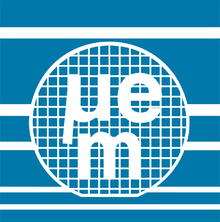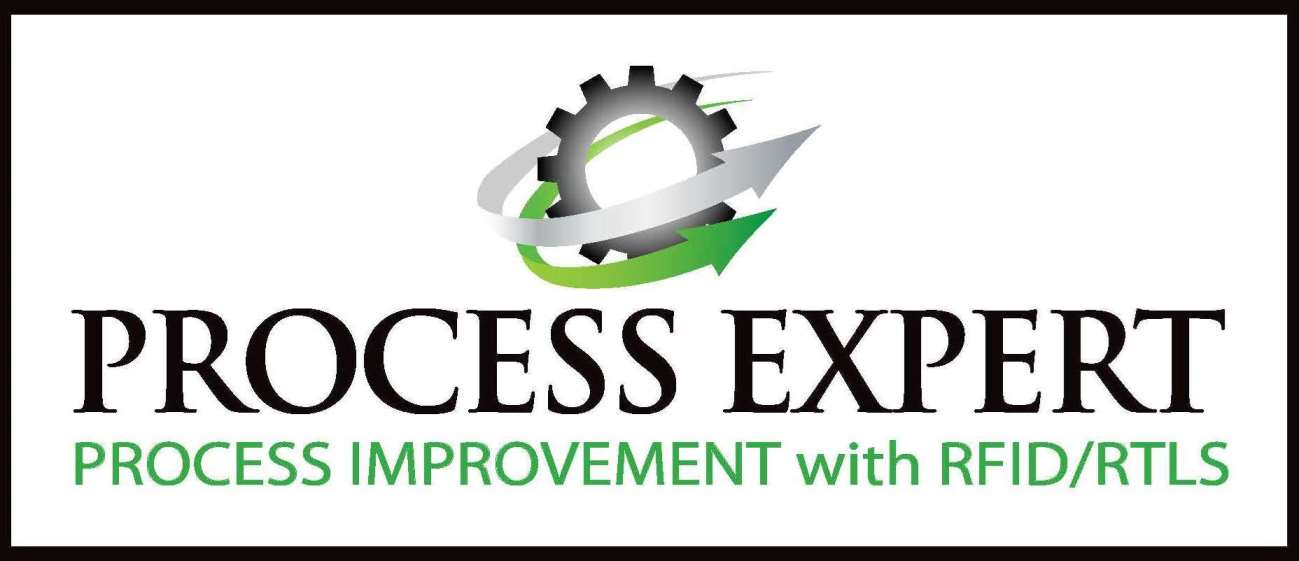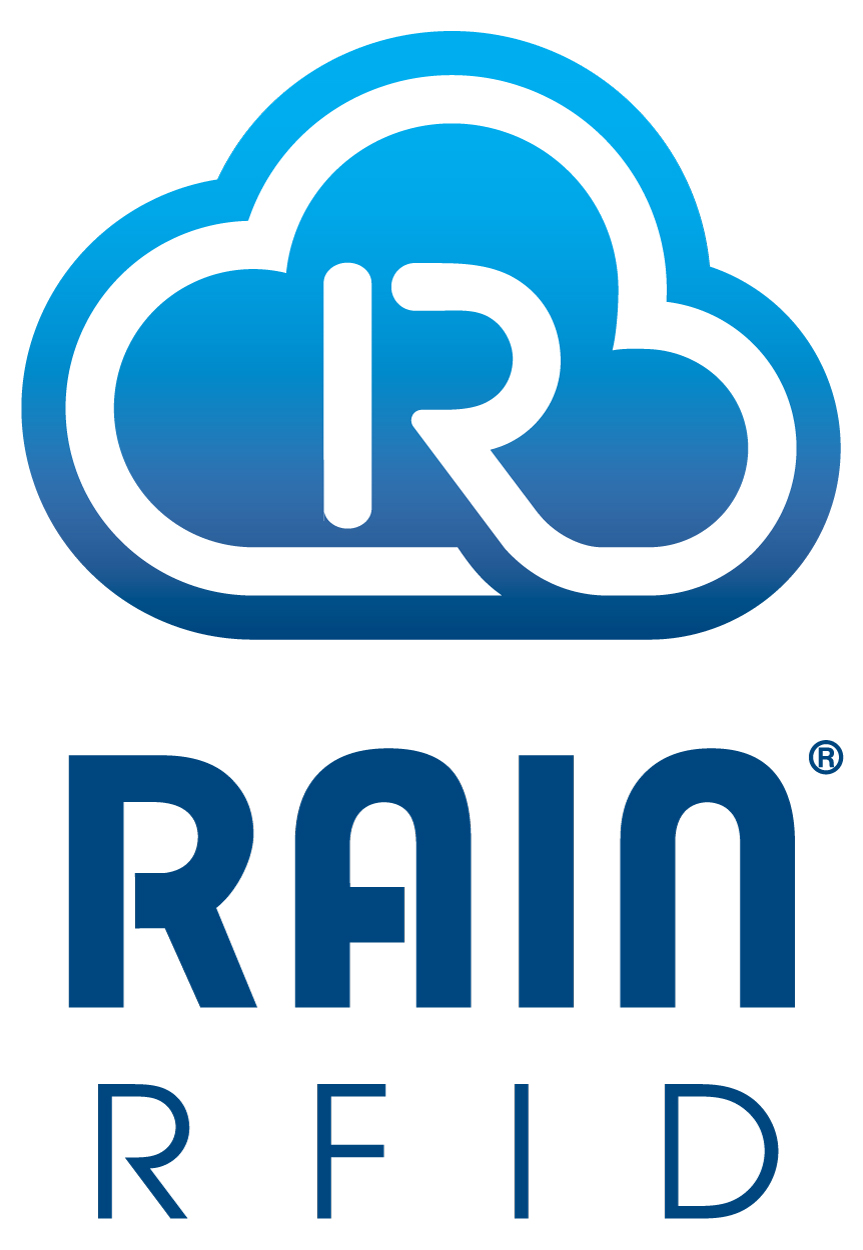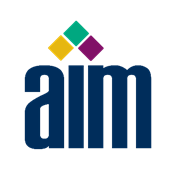IEEE RFID Mega Challenge: Smart Cities
Finalists of the 2017 IEEE RFID Mega Challenge on Smart Cities have been announced:
- Beijing Institute of Technology, Beijing
- California Polytechnic State University, San Luis Obispo
- University of Adelaide, Adelaide
- University of Macau, Macau
As finalists in the IEEE CRFID Educational Mega-Challenge, they will present their proposals on Wednesday, May 10th and the winning proposal will be announced.
Judges:
Mark Roberti, CEO, RFID Journal Live!
Steve Halliday, President, RAIN RFID Alliance
Lawrence Wong, past vice president, IEEE Members and Geographic Activities
Peter Winokur, IEEE-USA member-at-large
David Alan Grier, IEEE Smart Cities Initiative
Congratulations to the finalists and to all the teams that submitted their works!
The 2017 challenge will be focused on the use of RFID in a Smart Cities solution
Judges from CRFID and the RAIN Alliance will select the top four teams to present at the IEEE RFID 2017 conference and at the RFID Journal LIVE! event in Phoenix, Arizona in May 2017.
Top 4 Finalists of the competition are eligible for the Student Travel Grant
Up to $5,000 student travel support is available from IEEE CRFID and the RAIN Alliance.
For submission, please send the proposal package to Emily Sopensky, President, Council on RFID.
DEADLINE: January 31, 2017
Overview
To engage and interest undergraduates, their advisors and even graduate students, the new IEEE Council on RFID (CRFID) is offering a competition that addresses real-world problems; the proposal package should include:
- Accredited, degree-program educational institution
- At least one IEEE member and one student member
- A solution using RFIDs
Teams are asked to prepare as if responding to a request for proposal (RFP).
• The team will choose a city and a problem it faces that can be addressed by a smart city solution e.g., traffic flow, mass transit, infrastructure support, revenue collections, parks management, etc.)
• The team will identify a solution that uses RFID. For support from the RAIN Alliance, the passive UHF RFID must be included in the solution.
• The team will identify the steps needed to implement the solution.
• Submissions are an 8-10-page summary, which includes:
- Problem statement
- Proposed solution
- Differentiator (why this solution vs. others)
- Resource summary (Personnel and equipment)
- Team summary – bios, function
Elements for Judging the Proposal
- Team composition (20 points)
- Class distinction (eg.: Undergraduate(s), Graduate(s), advisor(s))
- Functional representation (skillset of team members reflects proposed solution composition)
- Diversity (eg.: gender and cultural)
- City (10 points)
- Choice defended
- Brief description of the city, including its strengths and weaknesses
- Problem for smart city solution: choice defended (1o points)
- Solution (10 points)
- Choice defended
- Steps needed to implement the solution
- Summary (50 points)
- 8-10 pages
- Problem statement
- Proposed solution
- Differentiator (why this solution vs others)
- Technical feasibility
- Resource summary (personnel and equipment)
- Team summary – bios, function
Optional Bonus Points for:
- A paper prepared for the peer-reviewed conference proceedings (10 points)
- YouTube video or privately available video /slide show (10 points)
- Partnering with an Industry Advisor from RAIN Alliance (5 points)
- Partnering with an Industry Advisor (5 points)
- Submitting a poster to the IEEE RFID 2017. (8 points)
Posters submitted will also receive an invitation to write a paper from the editor-in-chief of our new Journal on RFID debuting this year - Use of other resources (5 points total):
– IEEE’s Smart Cities initiative has a repository of publications
– the US federal government recently announced it is committing over $80 million – led by NSF with a $60M commitment over two years – toward the Smart Cities Initiative
– equipment sponsored by a RAIN Alliance member
DEADLINE: January 31, 2017






